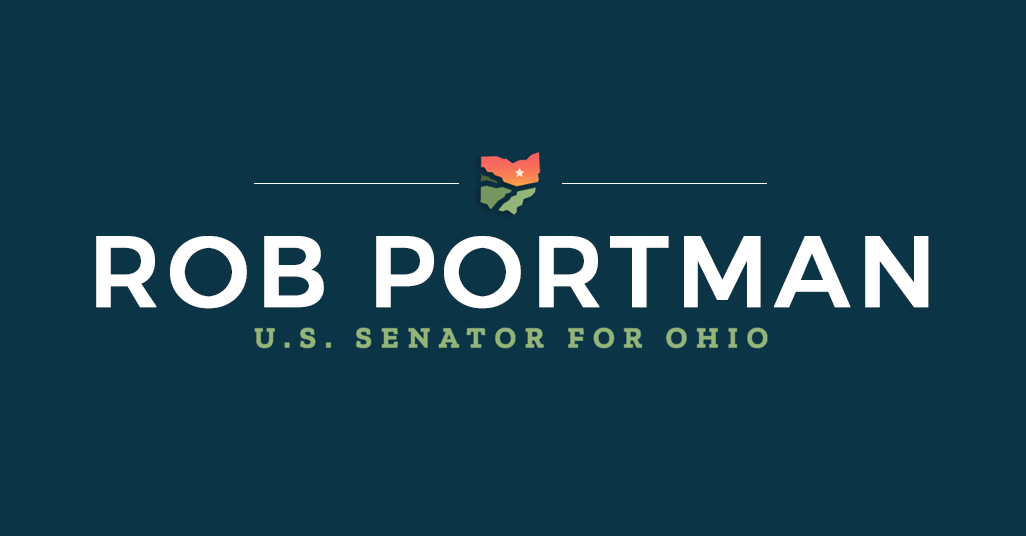Source: United States Senator for Ohio Rob Portman
July 14, 2021 | Portman Difference
Today in the Wall Street Journal, Senator Portman wrote a letter to the editor highlighting the bipartisan infrastructure proposal he is helping to write and how it will help the economy grow. This is in response to a Wall Street Journal article arguing that building new highways will not benefit the economy. As Senator Portman notes, the bipartisan infrastructure proposal is not just about improving our highway system, which will lead to greater economic efficiency, but also about broad investment in ports, freight rail, bridges, and other critical infrastructure like broadband. This approach will improve productivity, and as the University of Pennsylvania’s Wharton School has found, the infrastructure plan will grow the economy, lift wages, and reduce the federal debt in the long term.
The full letter to the editor can be found below and here.
“Regarding ‘The Outlook: Highway Dollars Won’t Rev Up Economy’ (U.S. News, July 6): The infrastructure framework is not only about highways, but a broad investment in ports, freight rail, bridges and other critical infrastructure that is in need of repair and replacement. Building out broadband networks can expand productivity and connect the country virtually, much as the Interstate Highway System did decades ago. Of the roughly 10% to 15% of the funding that would go toward highways and roads, most is for repairing existing highways to reduce congestion, leading to more economic efficiency, rather than building new roads.
“The article quotes a University of Pennsylvania economist to suggest that our framework won’t add to productivity. But a recent study by the University of Pennsylvania’s Wharton School analyzing our broad framework found that it would result in long-term GDP growth while lifting workers’ wages and even reducing the deficit over time. This is a once-in-a-generation opportunity to invest in key infrastructure priorities that will make our economy more efficient and competitive.”
###
